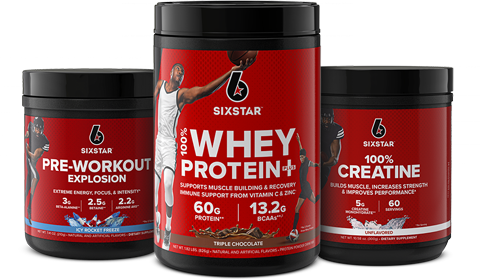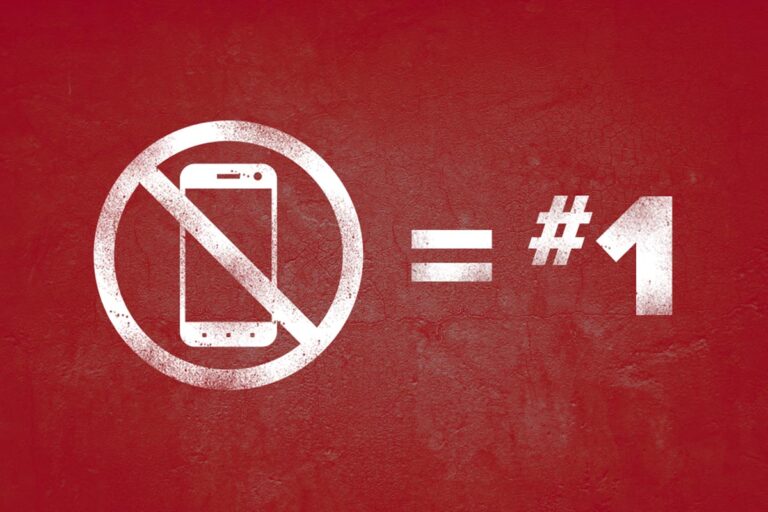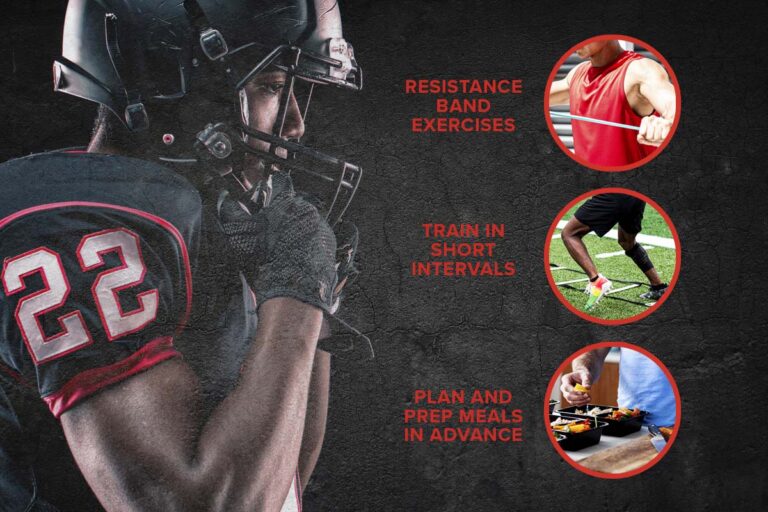Did you know that the lifestyle you lead can affect how strong and healthy your heart is? Today we’re going to give you three ways to lead a lifestyle that will help keep your heart strong, so you can keep your other muscles strong.
1. BE NICE
Patrick Swayze’s character in the 1989 film Road House was Dalton, a calm, relaxed Cooler (head bouncer) at a rowdy bar. His main piece of advice to the other bouncers during intense situations? “Be nice.” That’s sound advice to be sure, but it has applications in real life, too. That’s because when you’re angry or agitated, your body increases stress hormones, including adrenaline and cortisol, that speed up your heart rate and breathing, and crank up your blood pressure as blood vessels constrict.

High blood pressure is not a good thing. Frequent high levels of anger have now been linked to heart disease.1 Let’s also not forget that cortisol chews up muscle mass too. Frequently being angry and stressed out is not only bad for your heart, it could be making you smaller and weaker in the process.
So next time you feel your anger or your stress levels rising, stop and ask yourself, “Will this matter five years, five hours or even five minutes from now?”. Chances are it won’t, and instead of losing it, take a few deep breaths and stay calm. And remember – be nice. Until it’s time to not be nice . . .
2. EAT OUT AT RESTAURANTS LESS
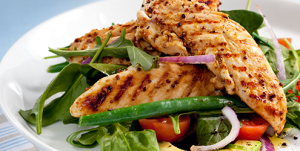
Restaurant foods are delicious. We get that. They also save you time. We get that too.
But with those time savings comes additional sodium. Lots and lots of sodium. So much sodium that most Americans get far more than the 1,500mg the American Heart Association recommends each day.2 The watchdog group Center for Science in the Public Interest found many restaurant meals provide more than a whole day’s worth of sodium.3 Imagine if you eat out twice a day? You could easily be doubling or tripling the amount of sodium you need. And eating pre-made, frozen or processed foods at home isn’t helping either.
Why should you watch your sodium? It’s simple. Sodium makes you retain water. Water retention does more than just make you soft and puffy, it also increases your blood pressure and makes it harder for your heart to do its work. Making your heart work harder can lead to heart disease or even a stroke.
The solution? Make your own fresh food. It’s easier on your wallet and on your heart. Put aside a couple of hours each week and cook the food you’ll need for that week. You can cook a week’s worth of chicken, beef, vegetables and side dishes in an hour or so. Seal them up in containers and put them in the fridge so they’ll be ready when you need them. Save the restaurant food for impressing your next date on Saturday night, and enjoy fresh, homemade food the rest of the week.
3. LOSE WEIGHT
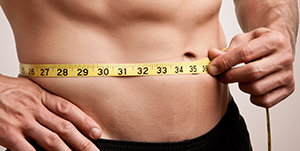
Yes, building muscle will add some weight to your body. And that extra muscle is great! If you start training and see the scale go up, it’s a great feeling. Muscle is also metabolically active, meaning that it burns calories even if you’re not exercising.
But being heavy and chubby can put extra stress on your heart and lugging around those extra pounds appears to subtly weaken its ability to pump blood. In addition, holding fat around your waistline could give you an equally high (or even higher) risk than an overweight or obese person for developing heart disease.
The solution, if you’re just holding a few extra pounds around your waist, is to clean up your diet. Start or maintain regular daily exercise that includes both cardio and weight lifting, and keep your alcohol and sugary beverage consumption to a minimum. Just making a few minor tweaks to what you eat and drink can go a long way.
If you’re considerably overweight and not exercising right now, consult your doctor before starting a new exercise routine or weight loss program.
- American Heart Association Clinical Investigation and Reports. Anger Pronenss Predicts Coronary Heart Disease Risk http://bit.ly/1b6QioS
- National Center for Chronic Disease Prevention and Health Promotion: Sodium: the Facts Original publication date: 06/2010 http://1.usa.gov/1cgzFXJ
- Centre for Science in the Public Interest: Stalling on Salt: Restaurant Meals Still Loaded with Sodium June 2014

